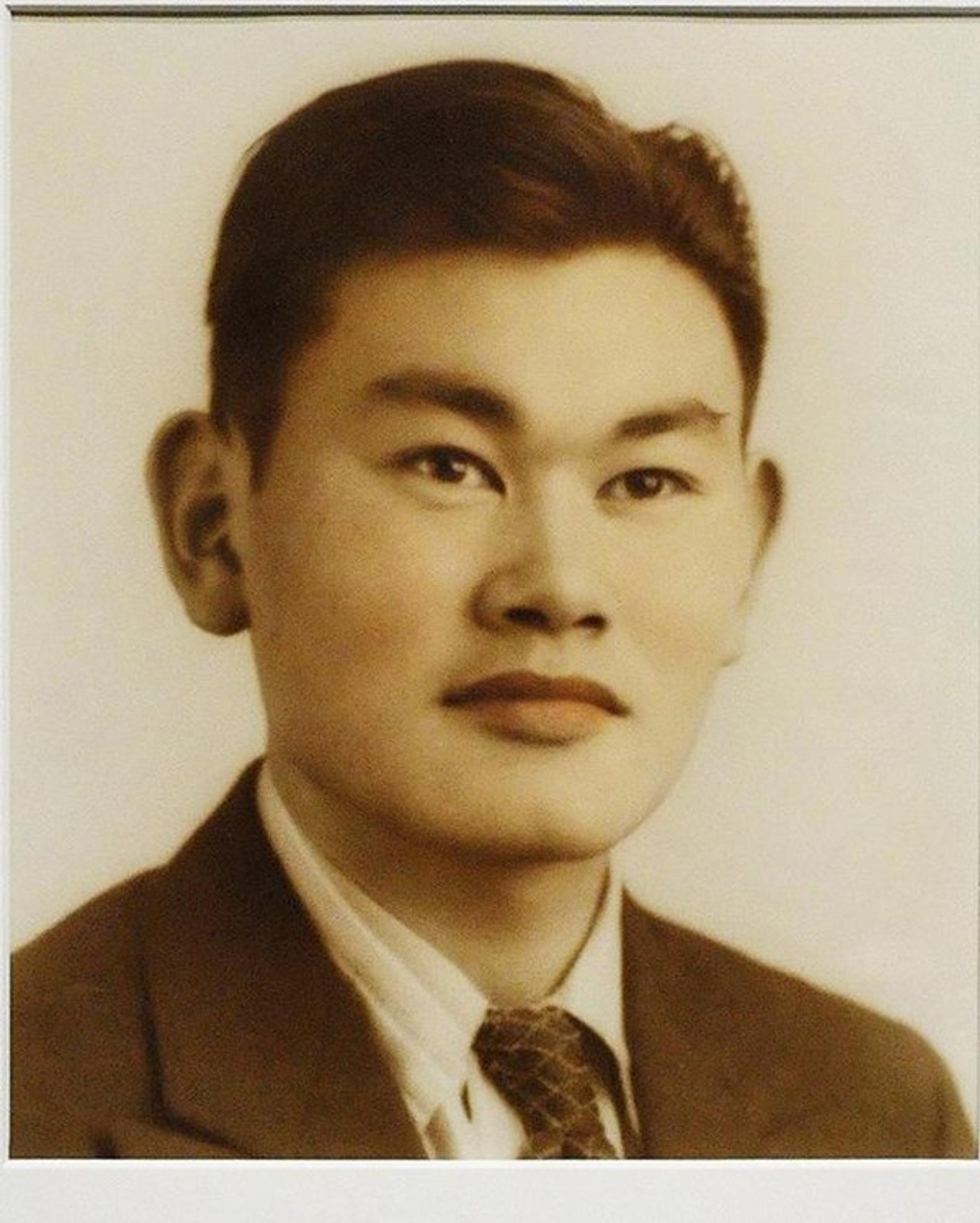This past January I had the pleasure of attending Fred Korematsu Day of Civil Liberties and the Constitution at the Massachusetts State House. This special occasion was an observance by proclamation of the Commonwealth of Massachusetts and the City of Boston.
As I reflect on my attendance at the event, I am struck by his story. While many may not be familiar with the hardships he endured, Korematsu's unwavering determination in the face of injustice serves as a beacon of inspiration, particularly for those of us navigating the complexities of race and equality in contemporary America.
In the aftermath of the attack on Pearl Harbor in 1941, fear and xenophobia gripped the nation, leading to the enactment of Executive Order 9066 by President Franklin D. Roosevelt. This executive order authorized the forced relocation and internment of over 100,000 Japanese-Americans, including Fred Korematsu. At just 23 years old, Korematsu faced an agonizing decision: to comply with the government's unjust mandate or to resist and fight for his rights and dignity.
Korematsu's courageous defiance of the government's orders landed him in the center of a legal battle that would shape the course of civil rights history. Despite the Supreme Court's ruling in Korematsu v. United States upholding the constitutionality of the internment camps, Korematsu's steadfast commitment to justice did not waver. He continued to speak out against injustice, becoming a symbol of resistance and resilience for generations to come.
Today, as we confront the legacy of systemic racism and oppression in America, Korematsu's story takes on renewed significance. His struggle against government-sanctioned discrimination serves as a poignant reminder of the ongoing fight for civil rights and equality.
In the context of the contemporary debate surrounding African-American reparations, Korematsu's legacy offers valuable insights and inspiration. Like Japanese-Americans who were unjustly interned during World War II, African-Americans have faced centuries of exploitation, discrimination, and violence. The parallels between their struggles underscore the urgent need for acknowledgment and redress of historical injustices.
Just as Korematsu challenged the constitutionality of Executive Order 9066, advocates for African-American reparations are demanding accountability and restitution for centuries of oppression. Korematsu's unwavering commitment to justice exemplifies the power of individuals to challenge oppressive systems and effect meaningful change.
In conclusion, Fred Korematsu's legacy serves as a testament to the resilience of the human spirit and the enduring quest for justice. His courage in the face of adversity continues to inspire us to stand up against injustice and fight for a more equitable future. As we navigate the complexities of race and identity in contemporary America, let us draw strength from Korematsu's example and work tirelessly towards a society where all are treated with dignity and respect.
